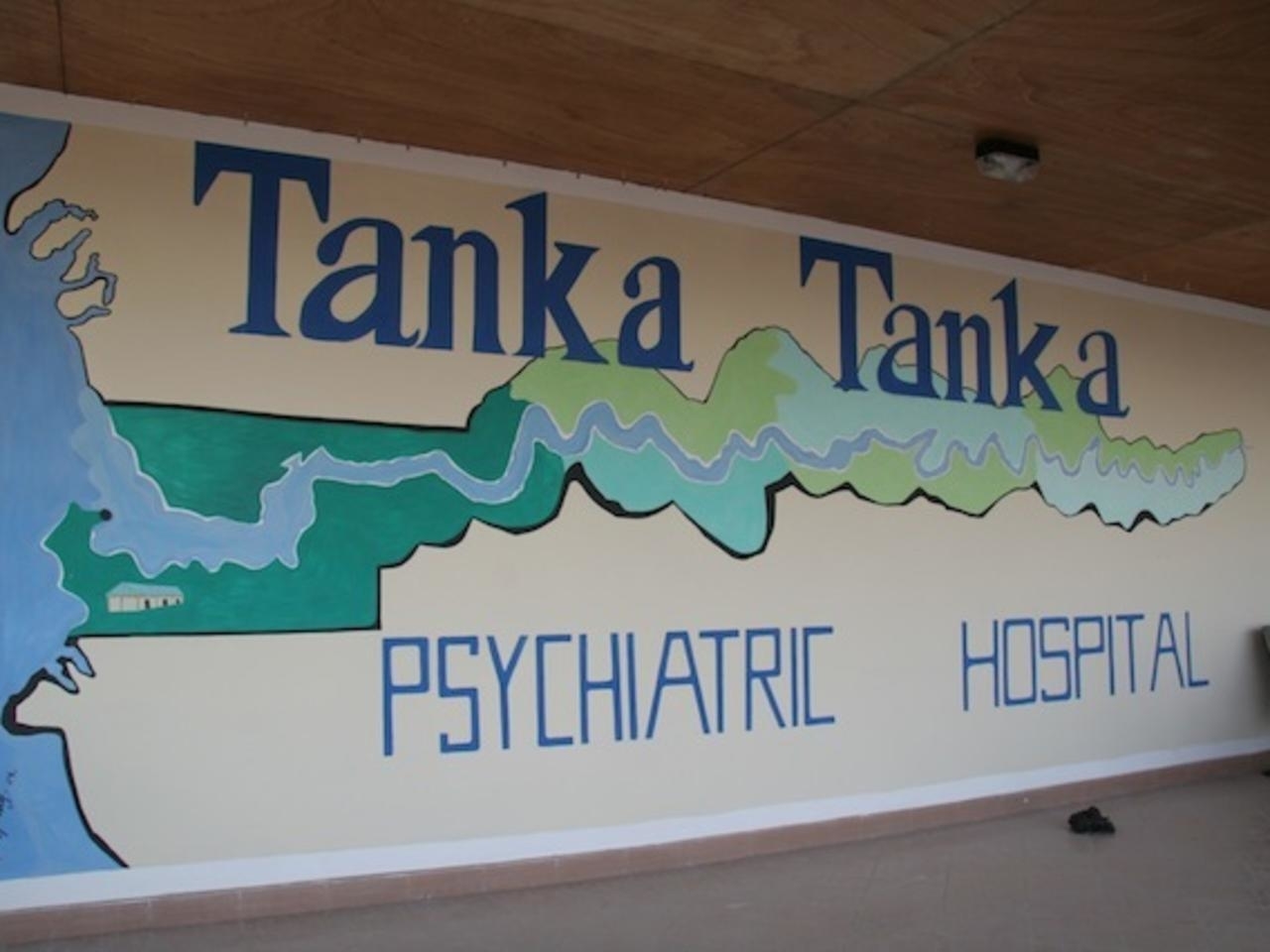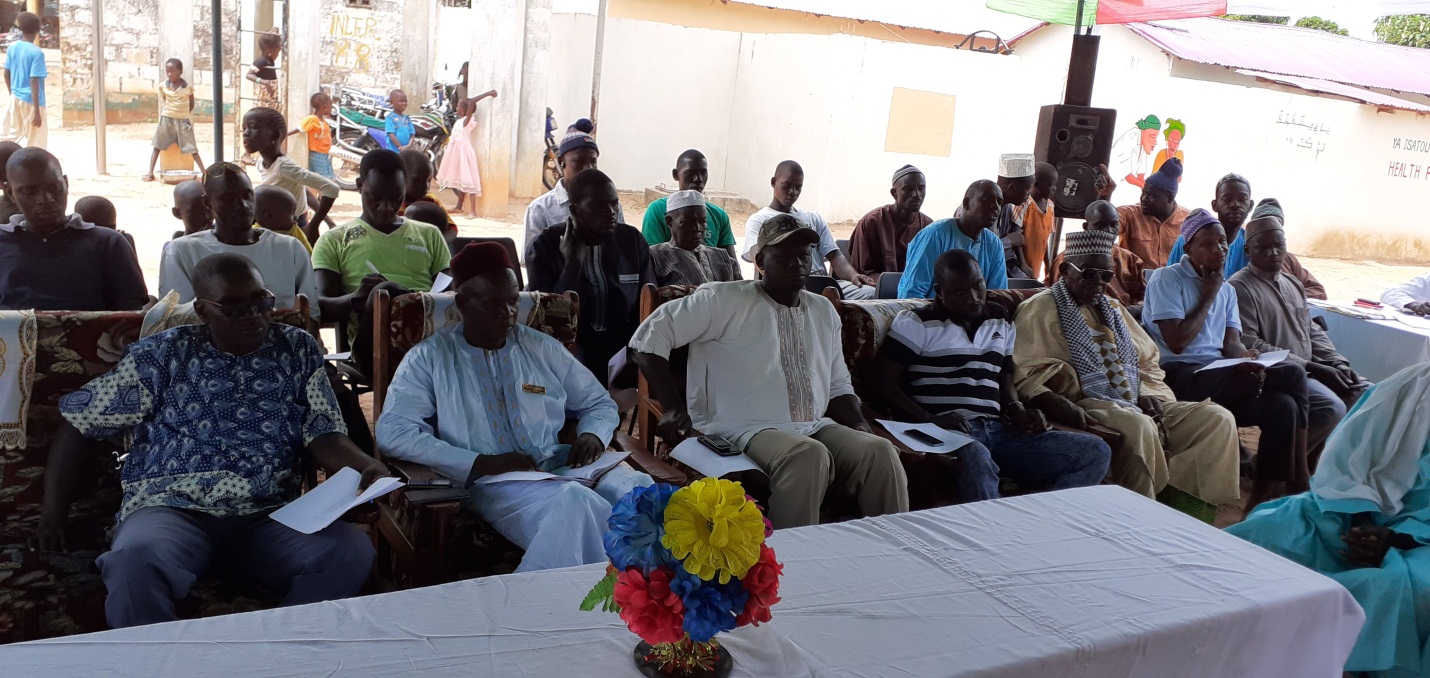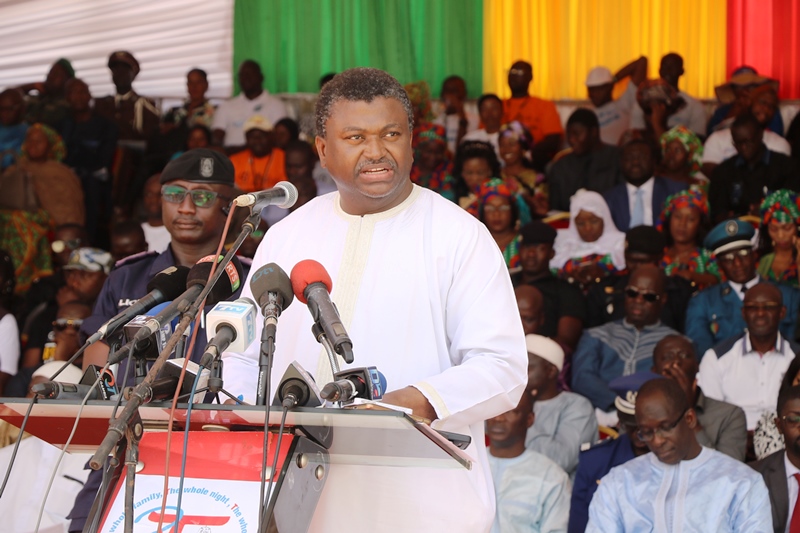The brain is like a circuit breaker it has many wires but in order for the box to function all the wires must be connected. All children are born ready to learn, however, if the different sections of the brain is not stimulated it will not function as a whole. Caregivers must adjust their parenting style to facilitate the new brain research that has shown that we need to focus on the domains ; learning centers of the brain.
Brain development takes place in stages this is referred to as Hierarchical, “Bottom-up” sequence. I will be discussing some recent findings on brain development. The nervous system begins to develop around the third week of pregnancy. The archeiture of the brain develops over time. At birth the brain is 25% of its size and at 5years old it is 90% (Elliot, 1999). It is critical that you give the social and emotional skills to your infant and toddler during these critical years. As your infant grows the quality of brain development will be dependent on the experiences that you expose the brain to. These experiences will determine the foundation for learning and behavior. If you do not stimulate all the areas of the brain it will consolidate with age and will become very difficult to awake (stimulate).
The different sections of the brain and their functions
The Hinder brain (cerebellum and the brain stem): Motor regulation, balance, heart rate and breathing.
Mid brain (emotional center): blood temperature, blood pressure, appetite, satiety, emotion reactivity, sexual behavior, context memory
Forebrain (cortex): reasoning, logic, abstract thought.
These sections of the brain must be developed silmultaineouly. This actually begins before your baby is born.

There are several factors that can put brain development at risk as your baby is developing in the womb. Here are some of them:
- Poor nutrition
- Pregnancy complications
- Alcohol
- Prescription/illegal drugs
- Stress
- Depression
Neurons are the basic materials of the brain; they are responsible for communicating messages in the brain and from the brain. Synapse develop as a result, however, when neurons are not used their synapse connections decrease. You can do a number of things to support synapse development, for example, repetition of a sensory motor activity helps toddlers to maintain important synapses. That is why it is important to maintain the same routine with young children because repetition helps young children to learn social skills. New discoveries also help to maintain synapses. It is very important that you allow your infant and toddler to freely explore by creating a safe space. It is also important that infants/toddlers maintain positive relationships with caring adults, have stimulating environments and care givers that are interacting with the children.
Care givers should be aware of the current brain research this will allow them to help children develop using developmentally appropriate practice. When caregivers are aware of the process of brain development they can better help infants and toddlers to along the stages of development.
Once your baby is born you will need to begin facilitating brain development and begin to prepare your infant for school. As discussed earlier there are different areas of the brain that is responsible for different domains but you must stimulate all areas of the brain in order for it to develop well.
Science has found that stress can have an impact on the developing brain
Our ability to manage stress begins in those early years of brain development. This is controlled by a set of inter-related brain circuits and hormonal systems that are specifically designed to deal with your ability to adapt to different environments and their challenges. The circuits that handle this are very delicate during the pre-school years. When a child feels threatened, stress hormones are produced it converts the physical and emotional stress into chemical signals that are sent throughout the body as well as the brain. It is important that you teach your infants and toddlers how to adapt and respond to stress in a positive way because you are setting the foundation for life. Poor response to stress can prove to be a health hazard for life. If a child is exposed to long periods of stress the outcome can lead to stress related disorders such as psychological: depression, anxiety, drug abuse and physical: stroke, diabetes etc.
It is very important for young children to have a positive relationship with their care giver because it reduces stress. The quality of the childcare program also reduces that amount of stress that your child would experience.
It is very important that you nurture brain development.
References:
Brain Development in Infant and Toddlers developed, by J. Roland Lilly 2009 West End
Brain Research and Early Childhood Development, by Kathleen Canley Gallagher
Excessive stress disrupts the Architecture of the Brain by 2005, National Science council on The Developing Child
Daseta Gray, MA Ed, Certified Infant/Toddler Specialist
SabreeEducation services.net
Visit our parent blog: www.SabreeHarlemParents.com
Follow us on Twitter @KinderSuccess *
Join Us on Facebook KindergartenSuccess *
View us on Instagram KindergartenSuccess
About: Sabre
e Education Services Gambia (“Sabree Gambia”) is a local NGO. An extension of work done over the past 10 years with the sister company Sabree Education Services in the United States and Caribbean. We have a combined experience of over 30 years in the field of early childhood education. Sabree Gambia plans to assist early childhood educators in understanding the first three years are critical for brain development and when we build the caregiver’s capacity it will result in positive and healthy child outcomes.
Goal: Educators will learn the brain is built through positive experiences. Educators will be able to identify what is a developmentally appropriate practice and incorporate it into what they currently do. Educators will be able to identify what are social, emotional and cognitive school readiness skills. Educators will be able to identify several skills that children ages 0-3 should have developed, then share the information with the families. Educators will be able to articulate why 0-3 years are the most critical for learning. Educators will learn how to be intentional in their engagement with the children and families.




